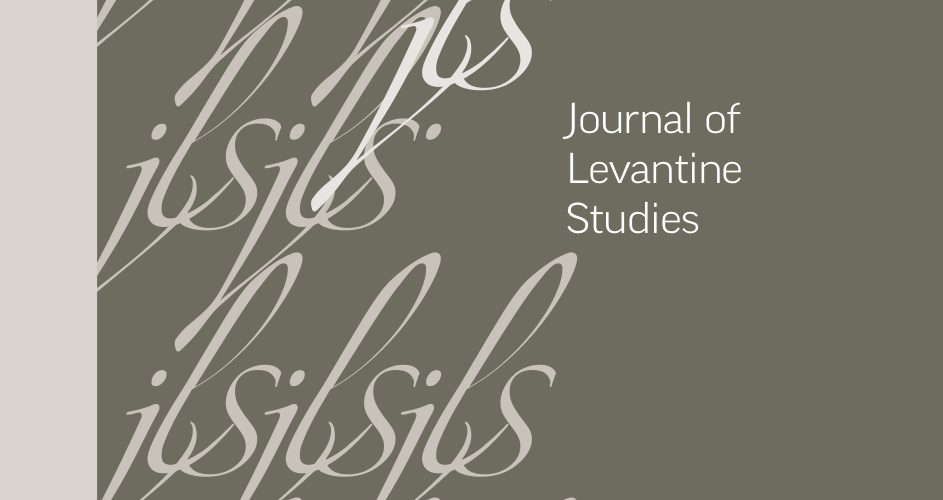A National Home in the Diaspora? Salonican Zionism and the Making of a Greco-Jewish City
- Description
Product Description
Paris Papamichos Chronakis
Derided by Jewish assimilationists, Greek Christian nationalists, and subsequent historians as un-patriotic, Zionism in interwar Salonica in fact followed a broader pan-European trend and developed a symbiotic relationship with Greek nationalism. This article refines the emerging historiographical orthodoxy on European Zionism as a complementary nationality by approaching Salonican Zionism as a modern urban identity that renewed the local Jews’ ties to their hometown. The article focuses on the multifaceted relation Salonica’s Zionist youth associations developed with the public space of a rapidly Hellenizing city during the interwar years. Drawing on the local Christian and Jewish daily press, as well as numerous Ladino Zionist publications, it shows that Zionist associational practices and discourses produced a local identity that was at once Salonican and Greco-Jewish. The multifaceted sociability of the Maccabi Sports Club rendered Jewish youth visible in the public sphere and turned the young Maccabeans into the main symbol of Jewish presence in Salonica. Concurrently, the key role of the club in the local sports scene facilitated Jewish integration into a Hellenizing Salonica. Zionism was a primarily urban phenomenon, a diasporic but not deterritorialized national movement with multiple spatial references, as much to the land of “exile” as to the imagined homeland of Eretz Yisrael.


